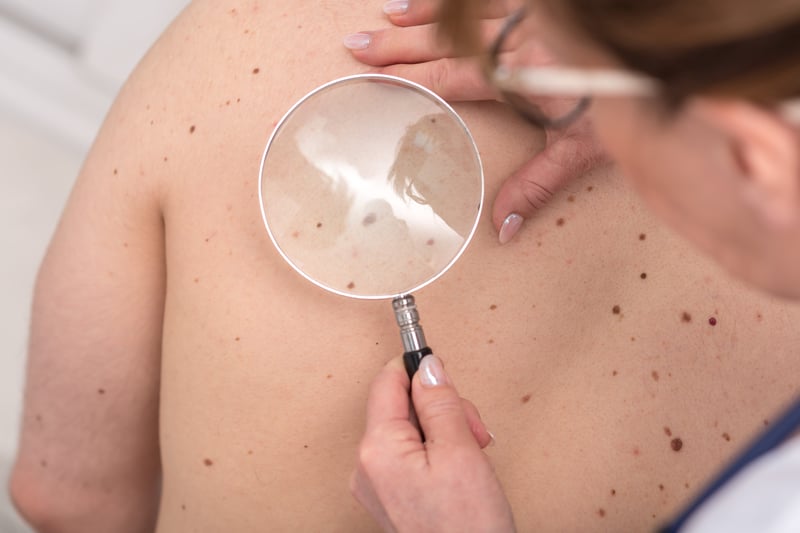Get Healthy!

- Cara Murez
- Posted October 13, 2023
Latest AI Has 100% Success Rate in Spotting Melanomas
The ability to detect skin cancer using artificial intelligence (AI) software has rapidly improved.
New research presented Wednesday at a medical conference in Berlin shows that this AI technology now has a 100% detection rate for melanoma, the most serious form of skin cancer.
In this study, researchers assessed more than 22,000 patients with suspected skin cancers over 2-1/2 years. Besides detecting all 59 cases of melanoma, the new software was 99.5% accurate in detecting all skin cancers, missing 1 of 190. It was 92.5% effective at identifying pre-cancerous lesions.
"This study has demonstrated how AI is rapidly improving and learning, with the high accuracy directly attributable to improvements in AI training techniques and the quality of data used to train the AI,"lead author Dr. Kashini Andrew, specialist registrar at University Hospitals Birmingham NHS Foundation Trust in the United Kingdom, said in a news release from the European Academy of Dermatology and Venereology.
"The latest version of the software has saved over 1,000 face-to-face consultations in the secondary care setting between April 2022 and January 2023, freeing up more time for patients that need urgent attention," Andrew added.
This is the third version of this AI software. The first was tested in 2021, detecting nearly 86% of melanomas, 84% of all skin cancers and 54% of pre-cancerous lesions at that time.
Still, the researchers said AI should not be used as a standalone detection tool without the support of a dermatologist.
Among the basal cell carcinoma cases, AI missed one case. That case was identified by a dermatologist "safety net," underscoring the need for clinical oversight.
"We would like to stress that AI should not be used as a stand-alone tool in skin cancer detection and that AI is not a substitute for consultant dermatologists,"said study co-author Dr. Irshad Zaki, a consultant dermatologist at University Hospitals Birmingham NHS Foundation Trust.
Andrew said the role of AI in dermatology is a subject of debate.
"Further research with appropriate clinical oversight may allow the deployment of AI as a triage tool," Andrew said. "However, any pathway must demonstrate cost-effectiveness, and AI is currently not a stand-alone tool in dermatology. Our data shows the great promise of AI in future provision of health care."
The study findings were presented Wednesday at a meeting of the European Academy of Dermatology and Venereology, in Berlin. Findings presented at medical meetings should be considered preliminary until published in a peer-reviewed journal.
More information
The American Medical Association shares more on the future of artificial intelligence in medicine.
SOURCE: European Academy of Dermatology and Venereology, news release, Oct. 11, 2023
